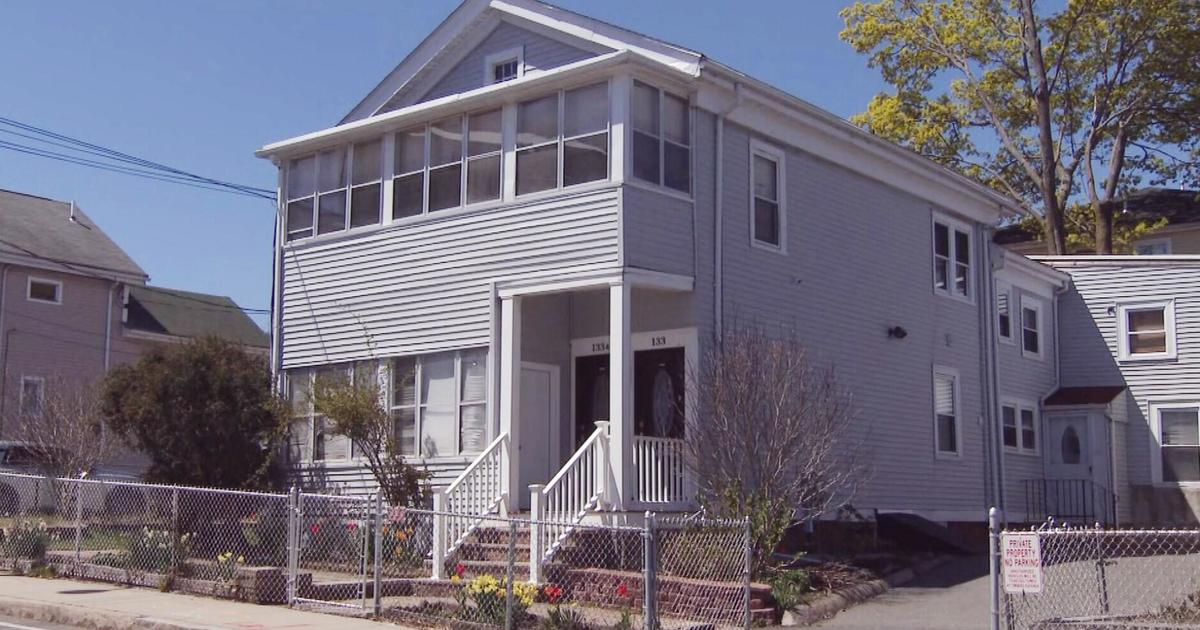The Beat Goes On: Identifying, Treating, and Preventing Heart Failure
By RHONDA MANN, Tufts Medical Center Staff
According to the American Heart Association, during the remainder of their lifetime, American adults ages 40 and older have a one in five chance of developing heart failure– a condition in which the heart is unable to supply the amount of blood that the body requires.
"Most recent data show that hospitalizations for heart failure have plateaued at approximately 1 million admissions per year in the U.S., but the total number of Americans suffering from heart failure is still increasing," said Amanda Vest, MBBS, MPH, Associate Medical Director of the Cardiac Transplantation Program at Tufts Medical Center.
Types of heart failure
There are two types of heart failure – systolic heart failure and diastolic heart failure (also known as 'heart failure with preserved ejection fraction'). People with systolic heart failure have reduced pumping function in their hearts. Those with diastolic heart failure have abnormal stiffness of the main pumping chamber of the heart.
"More than five million people in the United States are currently living with heart failure," said Dr. Vest. "About half of these people have systolic heart failure, while the other half have diastolic heart failure, which is particularly common in older people."
Risk factors
Obesity, diabetes and high blood pressure are the most common risk factors for heart failure. For people with systolic heart failure, some will have a history of coronary artery disease and heart attack, while others have a heart muscle disease (called cardiomyopathy) or abnormalities of the valves. The prevalence of diastolic heart failure increases with age and is particularly seen in older women with a history of high blood pressure.
Symptoms
Heart failure symptoms may include shortness of breath with exertion (such as walking up a flight of stairs), fluid retention (typically around the waist or ankles), difficulty breathing when lying flat or general fatigue.
"If you experience any of these symptoms, you should speak with your doctor as soon as possible," said Dr. Vest. "If symptoms are severe, go directly to the Emergency Department."
Treatment
Several medications are available to help treat heart failure. Patients with systolic heart failure are usually prescribed medications to block the hormones that promote salt and water retention and worsen heart muscle weakness. People with systolic or diastolic heart failure commonly require diuretic medications to promote their kidneys to expel fluids. For more severe cases of heart failure, additional interventions may be necessary.
"If the heart failure is due to a blocked coronary artery, we may need to put in a stent to open the artery in the cardiac catheterization laboratory or consider bypass graft surgery," said Dr. Vest. "In the most advanced heart failure cases, left ventricular assist device (LVAD) placement or a heart transplant may eventually be necessary."
Prevention
To reduce your risk of heart failure, Dr. Vest recommends seeing your primary care physician at least annually, seeking early treatment of high blood pressure, diabetes and obesity and living a healthy lifestyle with regular exercise and a salt-controlled diet.
"And if you do experience any of the symptoms characteristic of heart failure, be sure to seek medical attention as soon as possible," she said.
The above content is provided for educational purposes by Tufts Medical Center. It is free for educational use. For information about your own health, contact your physician.
Posted September 2017



